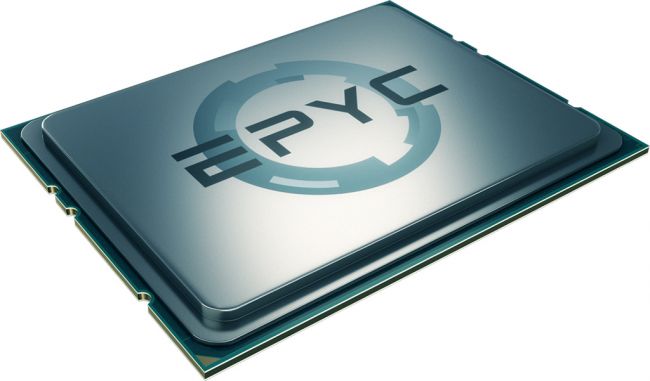Intel is not impressed using what AMD has had the opportunity to accomplish using its Zen structures, or at least that is exactly what the business is portraying publicly. Within an official glide Intel come up with within a demonstration promoting its Xeon processors over AMD’s rivalling Zen-based Epyc server potato chips, Intel identified AMD’s offering to be a “glued-together”dies in Epyc processors
The less-than-flattering explanation is catching heating by some observers and may perfectly spark a battle of words between Intel and AMD. That’s, if the last mentioned chooses to act in response. In any event, the critical slides seem to be to claim that Intel is sense at least mildly threatened by AMD’s return head to with Zen, and rightfully so.
While Epyc processors do contain four Zen-based dies about the same package, AMD’s procedure is a bit more complicated (plus much more theoretically advanced) than Intel helps it be out to be. Moreover, AMD’s solution is working. As TechPowerUp highlights, AMD’s modular methodology has certain advantages, such as better produces.
In another glide, Intel phone calls out AMD for devoid of an ecosystem set up and says to “expect software optimizations necessary for Naples, exactly like Ryzen.” Those optimizations that Intel personal references are related to games performance. So essentially, Intel is assessing its server-based Xeon processors with growing aches due to AMD’s Ryzen desktop processors.
“So AMD’s server program will demand optimizations as well because Ryzen do, for incomparably different workloads? Record does inform the near future, however, not to the amount that Intel is adding it here to, certainly. Placing things in the same point of view, is Intel declaring that their Xeon ecosystem views gaming-specific optimizations?,” TechPowerUp creates.
None of the is to state there is little or nothing to criticize about AMD’s product lineup, on the desktop or in the server market. However, just how Intel is certainly going about it seems a lttle bit misleading. Reuters



